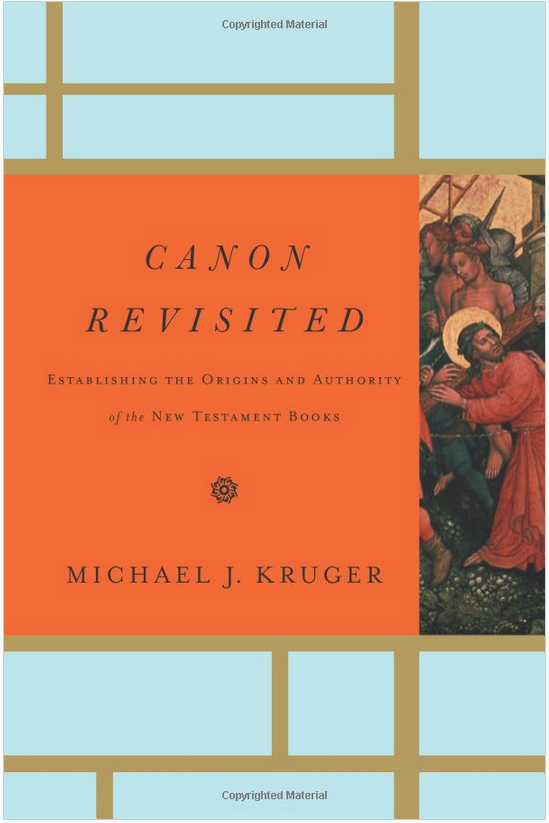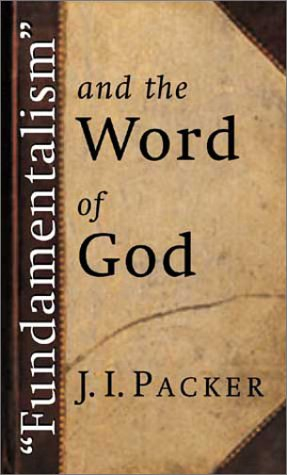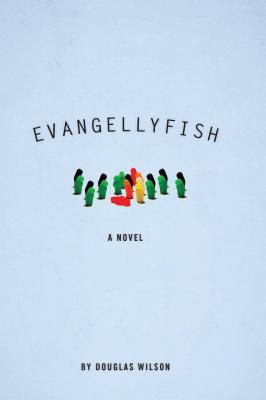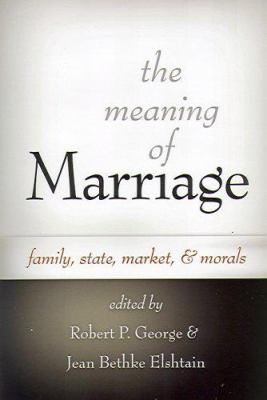Daniel R. Hyde, Jesus Loves the Little Children: Why We Baptize Children (Reformed Fellowship, 2012). This is an intelligent, gracious, and careful explanation for why Christians ought to have their children baptized. Whether you are convinced of infant baptism, unconvinced, or somewhere in between, this readable volume will help you understand the rationale for applying the sign of the covenant to our covenant children. This is a warm-hearted introduction to the Reformed understanding of baptism. I will recommend it gladly and often.
Understanding Scripture, Edited by Wayne Grudem, C. John Collins, and Thomas R. Schreiner (Crossway, 2012). A nice volume with essays on hemeneutics, canon, archaeology, and textual criticism. There are also several chapters on reading the Bible (theologically, as literature, in prayer, for personal application, for preaching) and how the Old Testament relates to the New. Contributors include Packer, Piper, Powlison, Poythress, and a number of other excellent scholars/writers whose names don’t start with P. This book is a good fit for lay people and pastors looking for short introductions to the major topics surrounding the doctrine of Scripture.

Michael J. Kruger, Canon Revisited: Establishing the Origins and Authority of the New Testament Books (Crossway, 2012). This is a serious book of theology, philosophy, and history. It’s one of those books where some pages have more lines in the footnote than lines in the text. Kruger makes a rigorous argument for a “self-authenticating” canon, as opposed to one that is “historically determined” or “community determined.” In the second half of the book, Kruger addresses three main “defeaters” to his self-authenticating model: questioning the divine qualities of the canon, questioning the apostolic origins of the canon, and questioning the corporate reception of the canon. All in all, this is a terrific academic resource. I just gave a Sunday evening sermon/lecture on the canon and used this book extensively.

J.I. Packer, Fundamentalism and the Word of God (Eerdmans, 1958). I had never read this classic before and even though the context for the book is dated, the content definitely is not. You could easily still give this book to a student or skeptic and say, “This is what I believe about the Bible and what Christians ought to believe.” This is a vigorous, quotable, intelligent defense of an evangelical doctrine of Scripture. It was much needed then and is much needed now.

Douglas Wilson, Evangellyfish: A Novel (Canon Press, 2012). What can you say about Doug Wilson? The guy can flat out write. And if LOL wasn’t so cliche, I’d also say he’s laugh out loud funny. This book is a satire about Chad Lester, the sex-crazed pastor of a shallow (and also sex-crazed) megachurch called Camel Creek Community Church. The “hero” of the story is a stodgy Reformed Baptist minister John Mitchell whose life gets connected with Chad’s in increasingly complicated ways. Wilson tells a good story that draws you in and keeps you pressing forward to see what happens next. For my tastes, I thought the story was too thoroughly about sex. No lurid descriptions were given, but I’d still rather not read a whole book about the creative permutations of sexual deviancy, even if it is farcical. That complaint notwithstanding, I have to say, after finishing the book, I was surprised to find myself thinking, “You know what, that was really funny, but also strangely and realistically redemptive.” I give Wilson credit for doing what almost no other Christian dares to do, and almost no one does well, and that’s employ the genre of satire for the glory of God.

The Meaning of Marriage: Family, State, Market & Morals, edited by Robert P. George and Jean Bethke Elshtain (Spence Publishing, 2006). With the events of the past couple weeks, I pulled this off the shelf to reread and read more carefully. Anyone looking for a careful, scholarly defense of traditional marriage-from several different angles-will be helped by this excellent collection of essay. Particularly good were the chapters by Don Browning and Elizabeth Marquardt, Seana Surgue, and Maggie Gallagher on (respectively) “Liberal Cautions on Same-Sex Marriage,” “Soft Despotism and Same Sex Marriage,” and “(How) Does Marriage Protect Child Well-Being?” In addition to understanding biblical teaching, evangelicals would do well to think more carefully about the legal, political, historical, and sociological realities that support, and commend, a traditional understanding of marriage.



